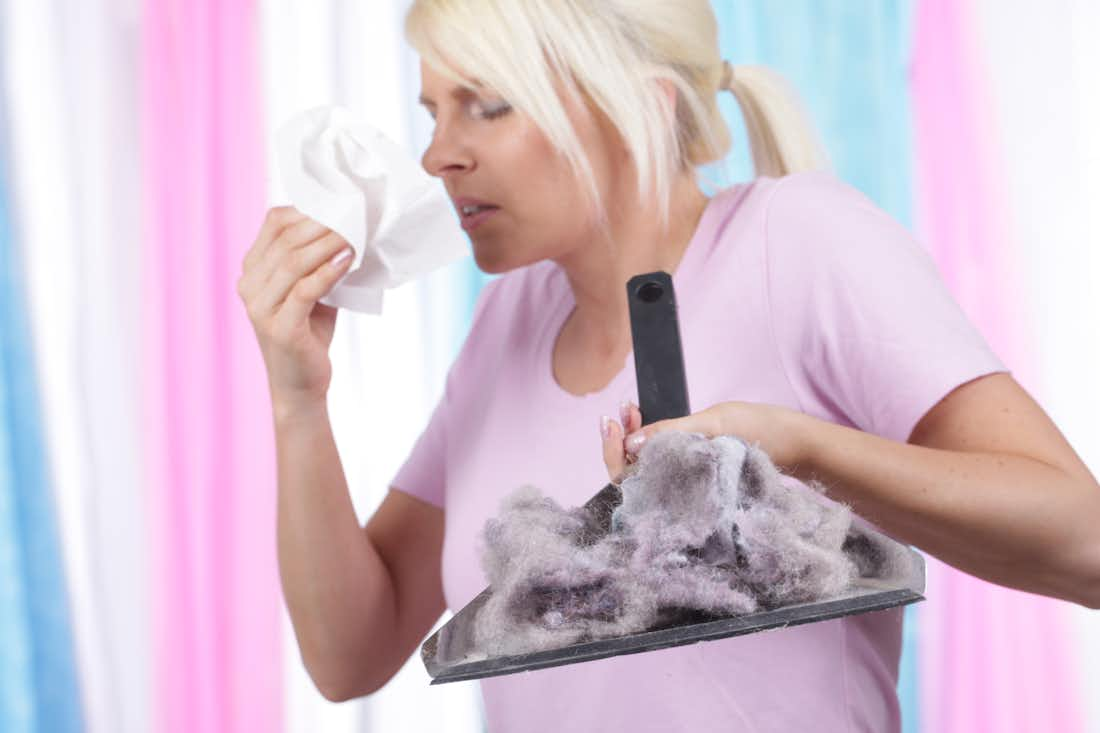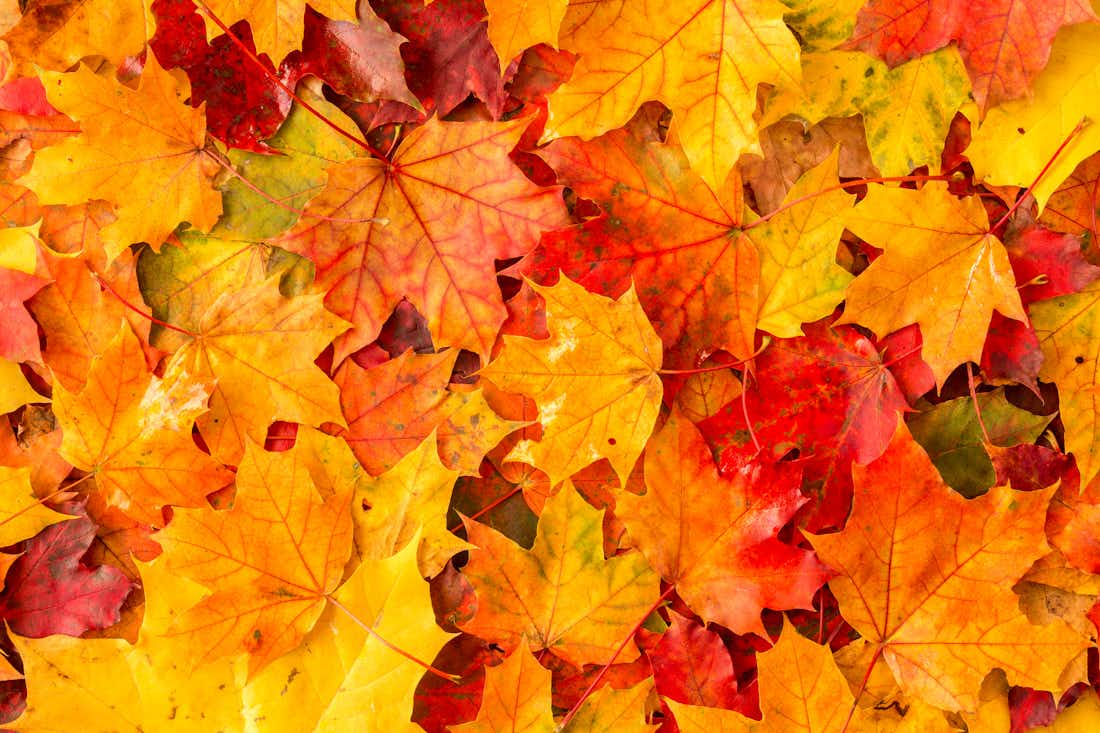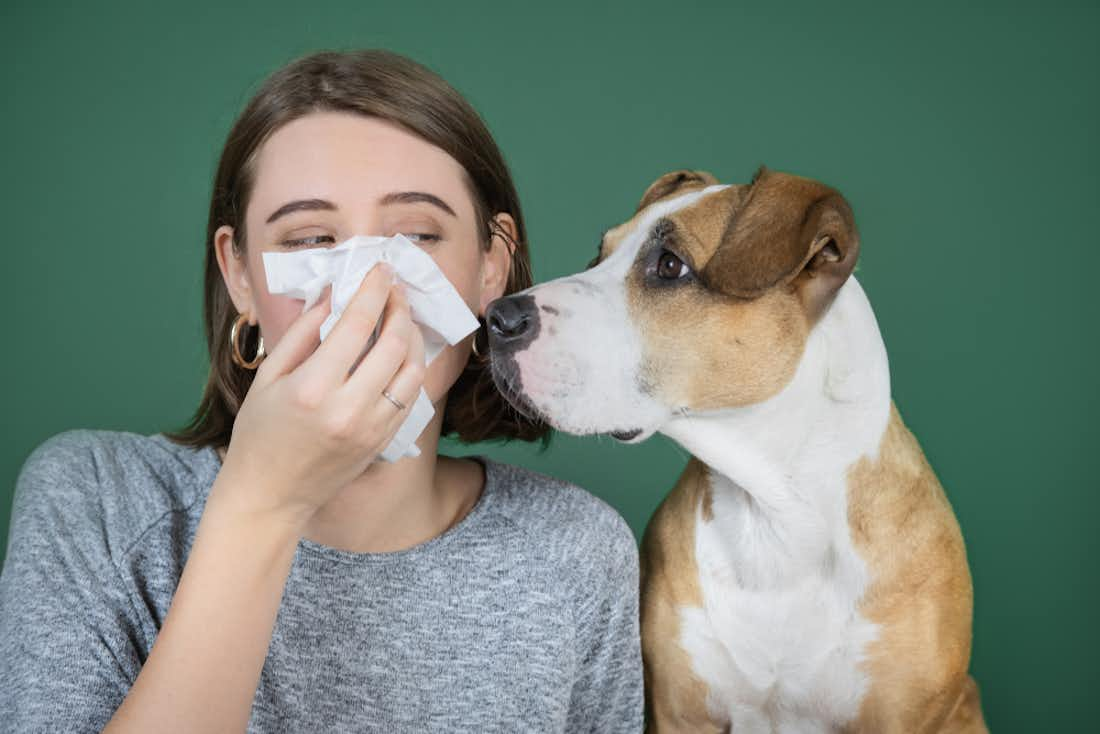Apr 20, 2022
How To Treat Seasonal Allergies
minute read
For some people, a change in season means a new set of foliage to bike ride through. It means shoving away the winter coats and pulling out the hoodies. It means picnics in the park rather than being chill in the dark.
But for some of us, it also means endless sneezing, coughing, watery and itchy eyes, itchy skin, and stuffy nose when the pollen and ragweed get a handle on our immune systems.
If you’re tired of popping the over-the-counter antihistamines, using decongestants, and spritzing saline nasal spray every morning, you’re not alone. The good news is that there are ways to protect yourself from seasonal allergies that feel like they’re constantly out to get you.
Here’s everything you need to know about treating seasonal allergies.
What Are Seasonal Allergies?
Seasonal allergies, commonly referred to as hay fever or allergic rhinitis, occur when your immune system perceives a harmless environmental trigger as harmful. In turn, your body produces several defense mechanisms to try to eliminate the “harmful” allergen, usually in the form of sneezing, coughing, runny nose, nasal congestion and mucus, and more.
Seasonal allergies occur during a specific time of year, typically in the spring or fall. Spring seasonal allergies are often due to tree pollination and grass pollination. In the fall, the main source is pollen from ragweed, a plant that grows wild nearly everywhere in the country but most prominently on the East Coast.
While pollination is the largest factor contributing to the severity of seasonal allergies, other things influence it. For one, pollen counts tend to be higher on windy, dry days. That type of climate is often more common in the spring and fall than in the summer.
Not to mention, rainy days make pollen counts fall, as the humidity in the air weighs down pollen particles and prevents them from floating around.
But you shouldn’t need to pray for a rainy day just to keep the sniffles away. There are some steps you can take towards treating your seasonal allergy symptoms.
Tricks For Treating Seasonal Allergies
Suppose exposure to any environmental substance causes headaches, watery eyes, runny nose, congestion, sore throat, or coughing. In that case, we’re safe to assume you’d like to take some steps towards treatment. Here are some foolproof methods.
Avoidance
The only true way to prevent the symptoms of allergies is to avoid your triggers entirely. With that said, we don’t want to become a hermit and never want to leave home. Instead, there are some ways to find a happy medium to reduce your exposure while still being able to go outside and do the things you love.
For one, check pollen levels the day before you go out. Pollen count is measured by examining the number of pollen particles per cubic foot of air. On windy, dry days, it may be useful to try to stay indoors or make a plan to be outside for as little as possible.
Additionally, make sure you wash your clothes and bedsheets after being outside to wash away the pollen on frequently touched surfaces. This will also help kill off dust mites, which are a common indoor allergy trigger that might cause an allergic reaction or exacerbate asthma.
Finally, consider keeping your windows closed and running the A/C as much as possible, ideally using a HEPA filter. You might also want to wear sunglasses and a hat when going outside to prevent pollen from entering your eyes or sticking to your hair. Fashion has never felt so functional!
Allergy Medications
Avoiding seasonal allergies is easier said than done, especially when warmer weather makes you want to spend all day outside. When you can’t get away from your triggers, and you need fast relief, antihistamine allergy medications, like loratadine, cetirizine, or phenylephrine, are the way to go.
Histamines are normally released by your body when it detects something harmful, such as when it perceives seasonal allergens to be a threat. As a result, it causes your blood vessels to expand and your skin to swell to protect the body. It also can cause allergy symptoms like sneezing, itchy eyes, or scratchy throat.
Antihistamines block the production of histamines to help soothe the symptoms. Oral antihistamines can be taken via tablet or pill, but you can also use nasal spray antihistamines directly into your nose for congestion or antihistamine eye drops to help combat itchy and watery eyes that can occur with allergic conjunctivitis.
The only problem with antihistamines is that they can rack up a pretty high price tag. Luckily, Cleared offers generic brand antihistamines for just a fraction of the price compared to name brands. You shouldn’t have to empty the wallet to defend against pollen.
Immunotherapy
While antihistamines will help bring immediate relief to the symptoms, they won’t actually pinpoint the underlying cause of your allergies. Allergy immunotherapy, or allergy shots, works differently actually to treat allergies rather than just its symptoms.
There are a few ways to use allergy immunotherapy, but the only FDA-approved method is called sublingual immunotherapy, or SLIT. This works by placing a tablet containing small amounts of your allergen under your tongue. Gradually over time, your body will start to gain immunity, and you’ll be able to breathe easily even during the driest, windiest, high pollen days.
SLIT is a long-term treatment that can reduce your need to use antihistamines over time. Not to mention, people who have used it report better sleep, improved productivity, and improvement in general health status. Click here to take a free quiz and see if this revolutionary allergy treatment is right for you.
Controlling Seasonal Allergies With Cleared
A number of pollinating plants cause seasonal allergies, but they’re all equally uncomfortable. With that said, symptoms like runny and stuffy nose, coughing, watery eyes, and itchy skin are treatable.
Avoiding your allergens is the only way to completely prevent symptoms, though antihistamine medications are fast-acting and effective. If that’s not enough, immunotherapy can actually treat the cause of your allergies and improve your overall quality of life.
Your online allergist is in. Cleared has FDA-approved medications, licensed professionals, and personalized therapy to finally bring an end to a world filled with allergen-causing irritants.
Sources:



